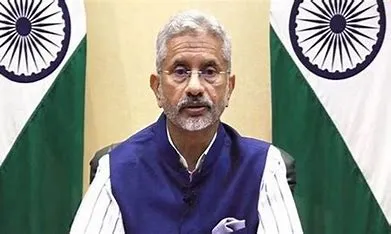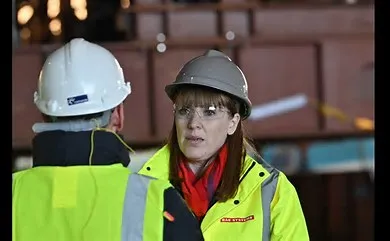Although it is definitely not easy to see your child grow, it is certainly important to provide them with an independent environment where they can exercise free expression and form their own opinion. In the past, it was customary for parents to instill in their growing children their own sense of what was right and wrong. This, thus, limited their ability to think creatively and impaired their cognitive skills. However, in response to changing needs and requirements of both parents and children over time, the importance of providing young minds with an independent space to develop their creativity and learn has come to light.
A NASA study determined that 98% of 5-year-old children had “genius levels of imagination”; however, this figure dropped to 12% for 15-year-olds and 2% for adults. These data emphasizes the need of exposing children to independent learning environments in their formative years in order for them to develop a sense of self. Here, preschools play a pivotal role by providing a space for growing brains to explore and learn independently, arming them with the required core skills for future success.
Ways to Foster an independent learning environment
Encourage free play: Gone are the days when both parents and preschool educators were required to maintain a constant watch on the children. Nowadays, it has become crucial to give kids an independent space where they can explore and learn on their own for their better growth and development. For instance, providing children with a variety of artistic materials and imaginary playthings, and then letting them create their own version of craft will foster their imagination and creativity. As a result, they will be able to develop their own understanding of things in addition to being able to discover and learn.
Room to explore: Experiential and immersive learning combined with independent learning experiences are the pillars of ideal child development. Due to the fast-paced, technologically-driven atmosphere in which today’s young minds are being brought up, exposure to real-world situations, together with the freedom to explore, not only piques their curiosity and develops their intellect but also helps them form their own unique points of view. For example, given that art is the greatest form of expression, providing children with the opportunity to paint their imagination and create their own masterpiece will provide them with the freedom to exercise their creative thinking skills, which will be useful as they mature.
Promote independent problem solving: Unquestionably, a child’s mind is most open to learning throughout the first few years of life. Therefore, exposing kids to difficult situations through interactive activities helps them understand the problem and also enables them to come up with original solutions. As a result, their capacity to think critically and analytically improves, which stimulates creativity and proves valuable as they mature. Particularly, with the advancement of technology, it has become far simpler to introduce children to real-world problems and to encourage them to use technology in creative ways to find solutions. For instance, a self-directed learning environment based on students’ math and science, where they are encouraged to think critically and use technology in innovative ways, not only creates strong foundation but also promotes their development.
Independent learning: Key to improved child growth
In the past, educational systems frequently used predefined learning methodologies, but those days are long behind. Given how young children’s needs are changing, it has become imperative to expose them to an independent environment where they can learn at their own pace, draw their own distinct conclusions, and confront new challenges and obstacles with enhanced confidence and competence.
The author is a Founder and CEO of Hi KALPAA






















